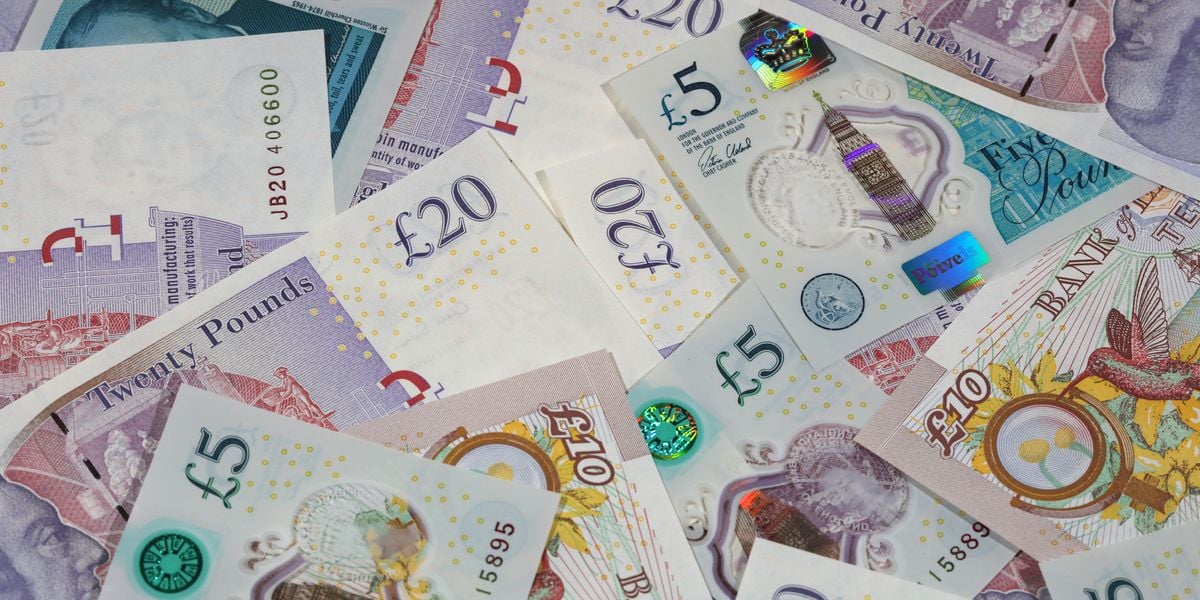High cholesterol levels may be a sign that you are at higher risk of heart disease and stroke
However, it is the balance of cholesterol levels that is a better indicator heart health and it is the balance of cholesterol that your doctors should take into account before advising treatment.
Lifestyle modifications and statins are commonly used to reduce high cholesterol levels.
Whilst cholesterol levels may rise for a number of reasons, high cholesterol levels over a period of years is often associated with a greater risk of health problems.
Too low cholesterol can be more dangerous than too high cholesterol.
What is cholesterol?
Cholesterol is a type of blood fat (blood lipid) that forms the membrane of each cell of the body. Cholesterol is carried in the blood by proteins called lipoproteins and it is these that are measured when you have a cholesterol test
These are:
- High Density Lipoprotein (HDL)
- Low Density Lipoprotein (LDL)
LDL is often referred to as ‘bad cholesterol’, because it is this form of cholesterol that can build up in blood vessels.
HDL is often referred to as ‘good cholesterol’, because it helps to clear excess LDL out of the blood.
Whilst LDL may be called bad cholesterol, it is needed for the body and is usually healthy as long as it is kept in balance by a sufficient level of HDL.
Triglycerides are another form of blood lipid (blood fat) and are also measured when a cholesterol test is taken.
Total cholesterol is the figure of all the different blood fats added together.
Ratio of total cholesterol-to-HDL is taken by dividing the total cholesterol figure by the HDL figure. This provides a more reliable indicator of heart health than looking at the total cholesterol or LDL figures.
Read more:
Cholesterol targets for people with diabetes
NICE no longer specifies target cholesterol levels for people with diabetes. Your doctors will use a calculator, called QRISK2, to work out your risk of heart disease using a number of factors such as age, BMI, gender, blood pressure levels, cholesterol levels and which type of diabetes you have.
If you want a general guide of how healthy your cholesterol levels are, find out your total cholesterol-to-HDL ratio
To find this, take your total cholesterol figure and divide it by your HDL figure. A result of less than four is healthy. [283]
Symptoms of high cholesterol
High cholesterol does not usually present any symptoms in itself, however, people that have high or unbalanced cholesterol levels over a number of years are more likely to develop problems conditions such as heart disease, stroke and peripheral arterial disease (PAD)
What causes high cholesterol?
High or unhealthy cholesterol levels may be brought on by:
- High-calorie diet
- High-carbohydrate diets
- Low physical activity
- Obesity
- Smoking
- High alcohol intake
High cholesterol levels may also result from the following:
- Hypothyroidism – an underactive thyroid
- Kidney disease
- Liver disease
- Familial hypercholesterolaemia – a genetic condition that affects around 1 in 500 people
Diet and cholesterol
In the past, fat has been blamed for high cholesterol levels and heart disease.
Whilst some fatty foods, such as chips, crisps, pizza and pies are unhealthy, they are high carbohydrate foods as well as high-fat.
If you have healthy fats and follow a low-carb diet, you’re likely to have as good or better cholesterol levels and heart health than by following a low-fat diet.
Healthy fats are from natural sources and minimally processed, such as avocado, olive oil, unprocessed meat, oily fish, full fat dairy, nuts.
As we noted above, higher total cholesterol does not necessarily indicate unhealthy cholesterol levels. So, when reviewing your cholesterol levels, look at the ratio of total cholesterol to HDL.
Low-carb and ketogenic diets are particularly good at raising the level of HDL (good) cholesterol.
For an easy to follow guide to healthy eating with diabetes, join the Low Carb Program
Diagnosing high cholesterol
A cholesterol test, which measures total cholesterol, HDL cholesterol, non-HDL cholesterol and triglyceride levels, should be performed at least once every year for people with diabetes.
It is more difficult to measure LDL cholesterol, and so non-HDL cholesterol is used instead of getting a direct LDL measurement.
Treating high cholesterol
If your cholesterol levels are found to be too high and unhealthily balanced, your doctor may advise you to modify your diet and take more physical exercise. They may also offer you statins.
Try to cut down on any convenience foods you may be having and have home cooked or home prepared food where possible.
Consider using the plate method which is a good way to ensure you’re having appropriate portion sizes and getting enough vegetables.
Low-carbohydrate and ketogenic diets are effective for getting a healthier balance of cholesterol.
If you need help with modifying your diet, arrange an appointment with a dietitian.
Regular exercise is also recommended. You should aim to dedicate 30 minutes or more to physical activity at least five times a week.
If you smoke, it is highly beneficial to quit smoking to lower your risk of heart attack or stroke. Statins will often be offered to adults with diabetes and high cholesterol.
Do I need tablets (statins) for high cholesterol?
NICE generally recommends that people, with a 10% or greater risk of developing heart disease within the next 10 years, take statins.
This likelihood is worked out by the QRISK2 calculator that doctors use.
For people with diabetes NICE recommends [150] :
- Consider statin treatment for all adults with type 1 diabetes
- Offer statins to anyone with type 2 diabetes with a 10% or greater risk of developing heart disease in the next 10 years
The starting dose of statins should be atorvastatin 20 mg, unless this is not tolerated by the patient.
Statins have been shown to prevent a major heart event in around 1 in 100 people that take the tablets for 3 years. Statins may cause side effects, such as aching muscles, headaches or memory trouble, in some people.
If sides effects occur speak to your doctor. If you have side effects from statins, they should disappear once you stop taking them.
Whether you take statins should be an agreement between you and your doctor and you have the right to accept or turn down the offer to take statins.
Preventing high cholesterol
Following a healthy diet, that is not over-reliant on processed food, and taking regular exercise will reduce your risk of having too high cholesterol levels and benefit your health in general.
Where can I learn more?
Cholesterol is often a rich source of discussion on the Diabetes Forum Learn from the experiences of other diabetics about how to combine diabetes and exercise and diabetes and diet











